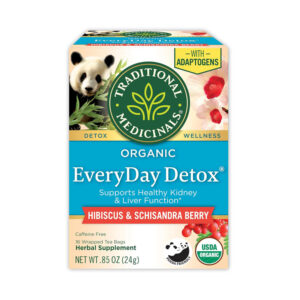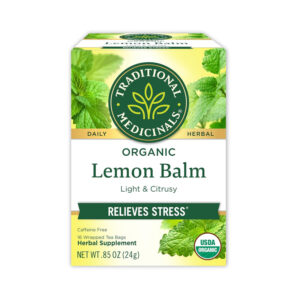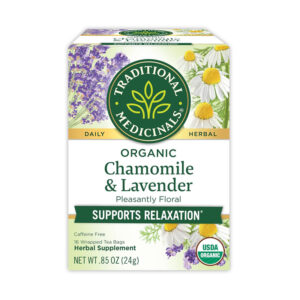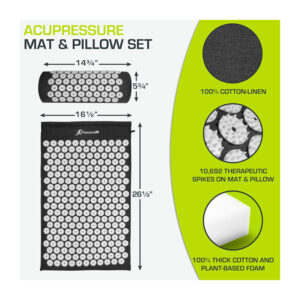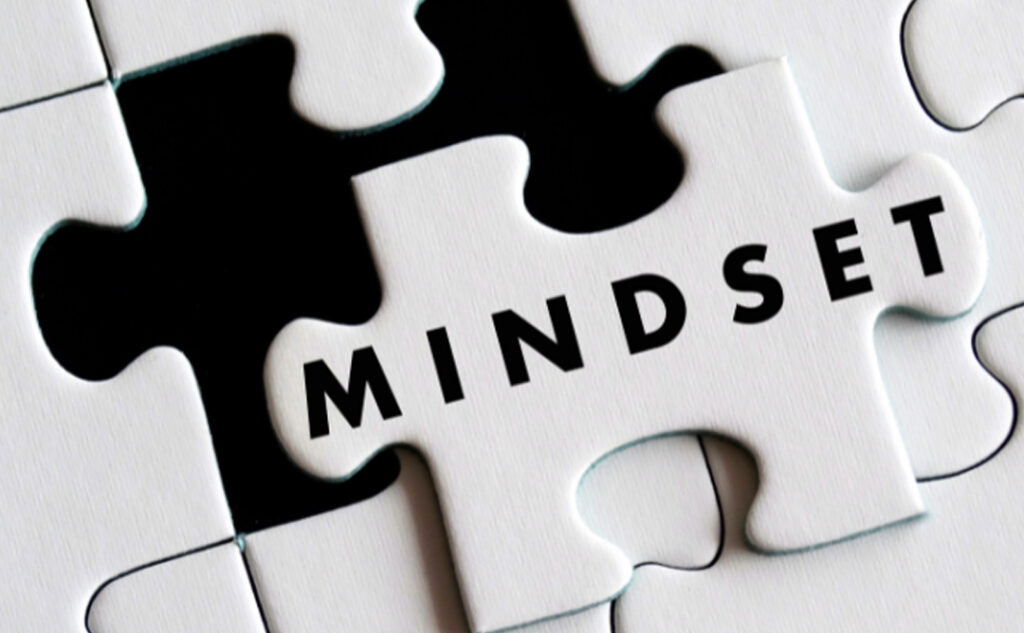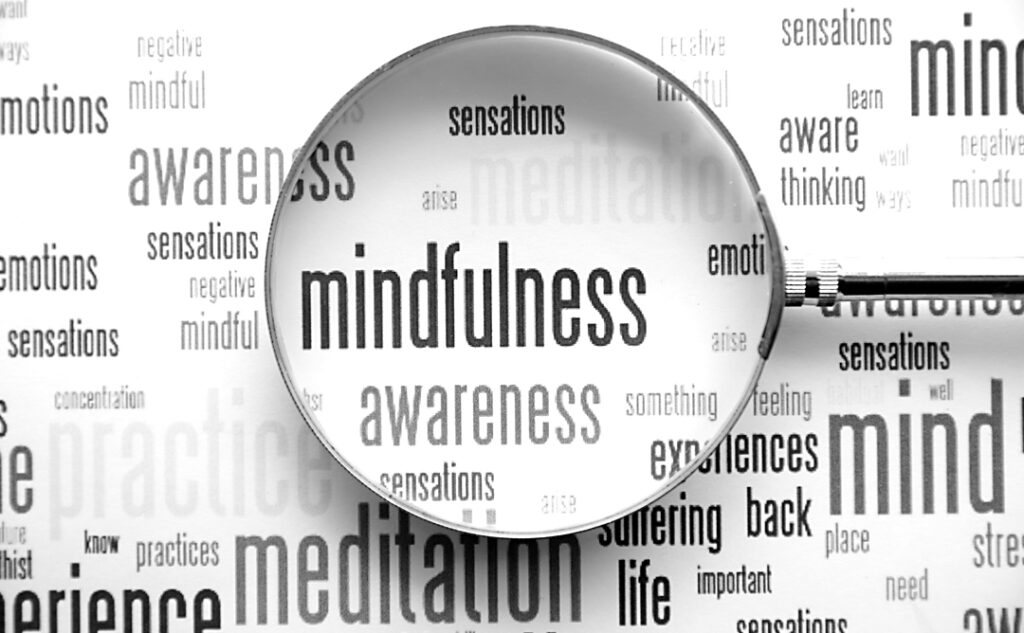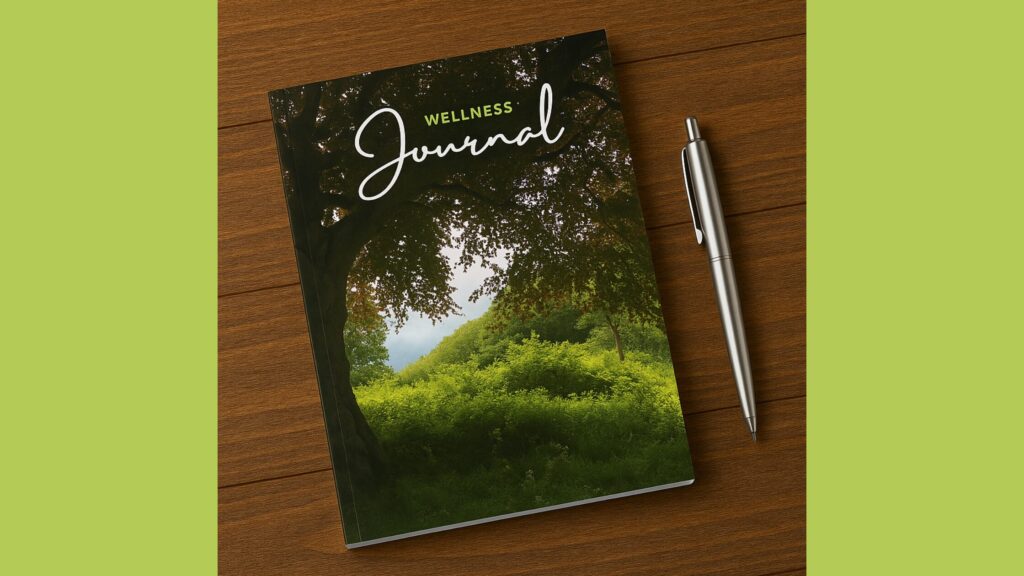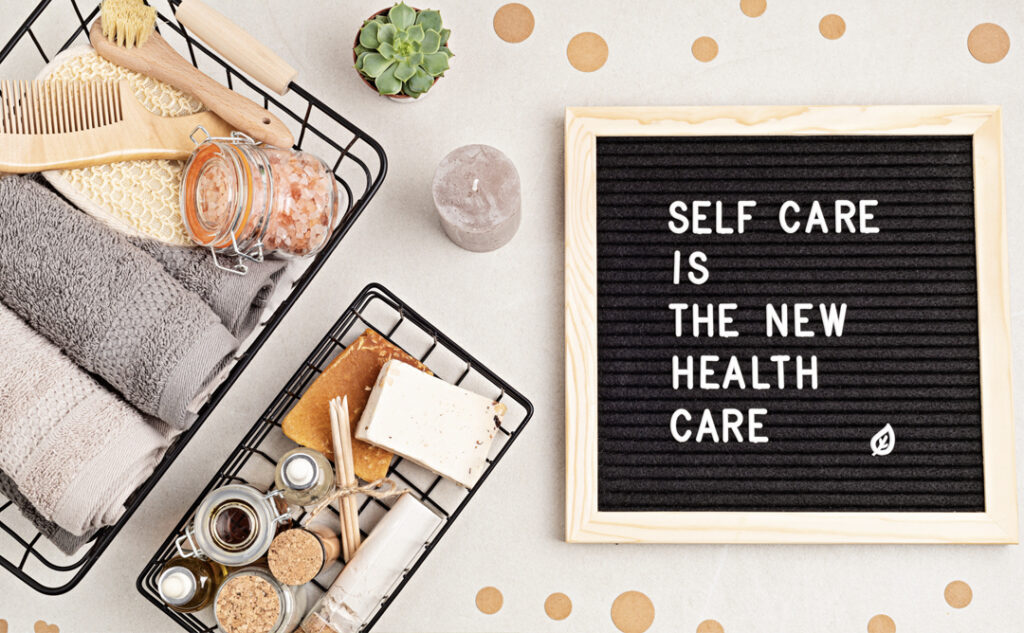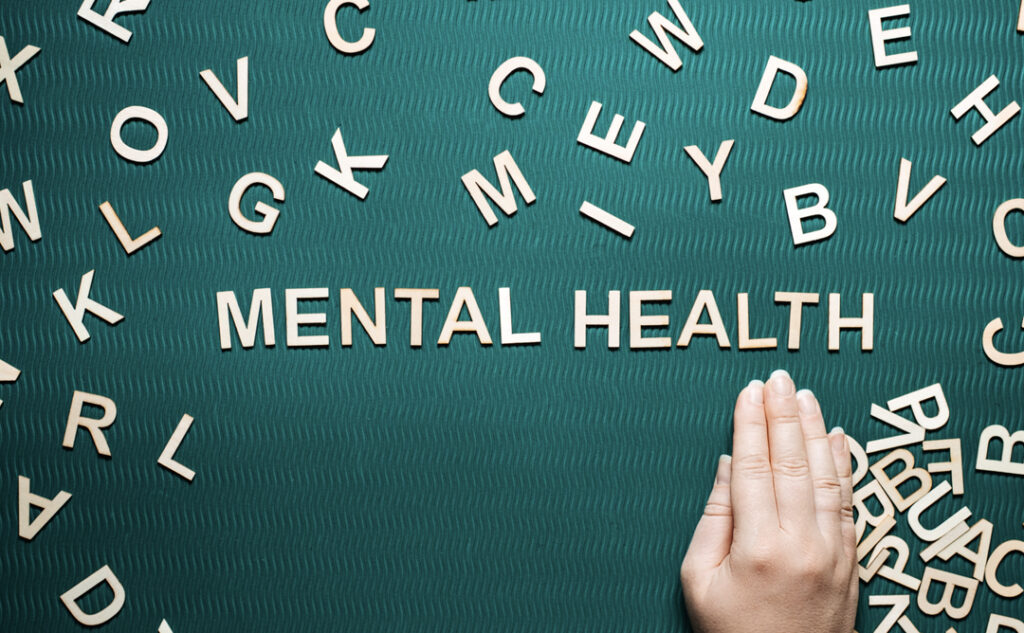Mind
Mental Detox & Digital Wellness
Clearing Mental Clutter & Reducing Overstimulation
In a world of constant notifications, digital noise, and endless to-do lists, our minds can become overwhelmed, leading to stress, anxiety, and mental fatigue. A mental detox allows us to clear clutter, regain focus, and improve overall well-being. Through minimalist practices, digital detox techniques, and mindful focus strategies, we can create a more peaceful and productive mind-space while protecting ourselves from the negative effects of technology.
Decluttering the Mind Through Minimalism & Focus Techniques
A cluttered mind—filled with distractions, overthinking, and unnecessary information—can lead to stress and decreased productivity. Simplifying both your physical and mental space can enhance focus and inner peace.
Simple Ways to Declutter the Mind:
✔ Morning Brain Dump – Write down thoughts to clear mental space.
✔ Prioritize Daily Tasks – Focus on the top 3 important tasks instead of overwhelming to-do lists.
✔ Practice Digital Minimalism – Unsubscribe from emails, remove unused apps, and limit social media use.
✔ Mindful Breathing – Take a few deep breaths between tasks to reset your focus.
Digital Detox Practices: Reducing Screen Time & EMF Exposure
Excessive screen time, constant notifications, and exposure to electromagnetic fields (EMFs) from devices can increase anxiety, disrupt sleep, and weaken focus. A digital detox helps break tech addiction, restore mental balance, and improve well-being.
Digital Detox Strategies:
✔ Screen-Free Mornings & Evenings – Avoid screens one hour after waking up and before bed.
✔ Tech-Free Zones – Keep phones out of the bedroom and create screen-free meals.
✔ Limit Social Media – Use apps like Forest or Freedom to block distractions.
✔ Reduce EMF Exposure – Use blue light filters, unplug Wi-Fi at night, and keep devices away from the bed.
The Effects of Technology on Mental Health
While technology connects us, excessive use can lead to brain fog, anxiety, sleep disturbances, and reduced attention span. Understanding the psychological and neurological impact of constant digital stimulation can encourage mindful tech habits.
How Technology Affects the Brain:
✔ Dopamine Overload – Social media and notifications create a cycle of instant gratification and addiction.
✔ Increased Anxiety & Stress – Exposure to negative news, comparison culture, and information overload.
✔ Reduced Sleep Quality – Blue light disrupts melatonin production, leading to insomnia.
✔ Shortened Attention Span – Constant multitasking weakens focus and deep thinking abilities.
Practices for Reducing Overstimulation & Improving Concentration
Overstimulation from constant notifications, loud environments, and information overload can make it hard to focus, relax, or be present. Creating moments of stillness helps the brain reset and function optimally.
How Technology Affects the Brain:
✔ Monotasking – Do one thing at a time instead of switching between tasks.
✔ Mindful Breaks – Step outside, stretch, or practice deep breathing between tasks.
✔ Sound Therapy – Listen to 432 Hz or white noise instead of digital noise.
✔ Create a Focus Ritual – Start deep work sessions with a meditation, herbal tea, or a few deep breaths.
Reducing mental clutter, limiting digital distractions, and creating space for stillness are key to improving focus, sleep, and overall well-being. By adopting minimalist habits, digital detox techniques, and mindful practices, you can restore clarity, improve concentration, and protect your mental health in a tech-driven world.
VIDEOS
3 Tips for a Mental Detox | Gaur Gopal Das
Gaur Gopal Das shares 3 practical tips to declutter and detoxify your mind
Understanding The Dopamine Detox: Is It Real or Hype?
Dr. Tracey Marks
Ever find yourself lost in an endless sea of notifications, falling down the rabbit hole of social media, or maybe reaching for just one more sweet treat more often than you’d like? If you can relate, then you may be interested in a topic that’s got people talking lately – the ‘Dopamine Detox.’ What is it? How do you do it? What’s the results of it? Is it backed by science? These are the questions that will be answered in this video.
A Simple Method to Detox Your Mind Every Day | Daaji @Heartfulness
Daaji explores the profound impact of meditation on cleansing thought pollution, addressing greed’s root causes, and transforming negative thought patterns. Through insightful analogies and personal wisdom, he guides viewers on a journey towards inner purity,
PODCASTS
Neuroscientist Reveals: THIS 60-Minute Rule Will FIX Your Dopamine Addiction (Try This!)
by JAY SHETTY PODCAST 3.72M subscribers @jayshetty
Neuroscientist & dopamine expert TJ Power breaks down how phones and social media are hijacking your brain’s reward system, leading to crashes in motivation and focus. Learn science-backed strategies to reset your dopamine, improve your sleep by 54%, and break free from technology addiction using the D.O.S.E framework (Dopamine, Oxytocin, Serotonin, Endorphins).
Products
ARTICLES
FAQs for Mental Detox & Digital Wellness
What is a mental detox?
A mental detox is a gentle reset for your mind — a way to clear mental clutter, reduce overstimulation, and return to a more peaceful, focused state. Just like your body benefits from rest and nourishment, your mind needs time to release stress, overthinking, and digital noise. It’s not about perfection — it’s about creating more mental spaciousness.
Why is digital wellness important for mental health?
We’re surrounded by constant notifications, information, and digital demands. Over time, this can lead to:
- Mental fatigue and brain fog
- Increased anxiety or stress
- Disrupted sleep
- Lowered self-esteem from social media overload
Digital wellness helps you reclaim your focus, calm your nervous system, and reconnect with what really matters — like nature, creativity, and real-life presence. 🌿
How do I find balance between staying informed and protecting my peace?
It’s okay to set boundaries around news, social media, and screen time. Try scheduling short, specific windows to check in (e.g., 15 mins in the morning and evening), and give yourself permission to unplug outside of that time. Protecting your peace is a form of informed, conscious living.
What are signs I need a digital detox?
Some common signs include:
- Feeling anxious or agitated when you’re offline
- Scrolling mindlessly even when you’re not enjoying it
- Comparing yourself to others on social media
- Trouble focusing or finishing tasks
- Difficulty sleeping or winding down
If any of this feels familiar, your mind might be craving stillness and real-world connection.
Where should I start if I’m feeling overwhelmed?
Start small and be kind to yourself. Try:
-
Unplugging for the first hour after you wake up
-
Silencing notifications from non-essential apps
-
Creating “no-phone zones” (like your dining area or bedroom)
-
Scheduling screen-free time daily, even 15–30 minutes
It’s not about cutting out tech completely — it’s about being more intentional with how you use it.
What are some practices that support a mental detox?
To clear and calm the mind, try:
-
Breathwork or meditation
-
Journaling to release mental clutter
-
Grounding in nature
-
Herbal support (like skullcap, lemon balm, or tulsi tea)
-
Digital sabbaths (taking a full day offline weekly or monthly)
These rituals invite rest and re-alignment with your natural rhythms. ✨
Can herbal remedies help with mental clarity and focus?
Yes! Nature provides incredible support for mental clarity and calm. Consider:
-
Tulsi (Holy Basil) – an adaptogen that clears mental fog
-
Gotu Kola – known as “the herb of longevity” and used to support memory and brain function
-
Ginkgo Biloba – for circulation and mental alertness
-
Lemon Balm – a calming herb that supports a peaceful mind
Always check in with a qualified practitioner when introducing new herbs, especially if you’re taking medication.
How can I create a more mindful relationship with technology?
Mindfulness with tech means:
-
Asking why you’re using a device — is it purposeful or habitual?
-
Using apps that enhance your well-being (like nature soundscapes, meditations, or mindful journaling tools)
-
Turning off push notifications that cause stress
-
Being present when engaging online — and stepping away when it no longer feels good
Your attention is sacred. Choose how and where you spend it. 💛




